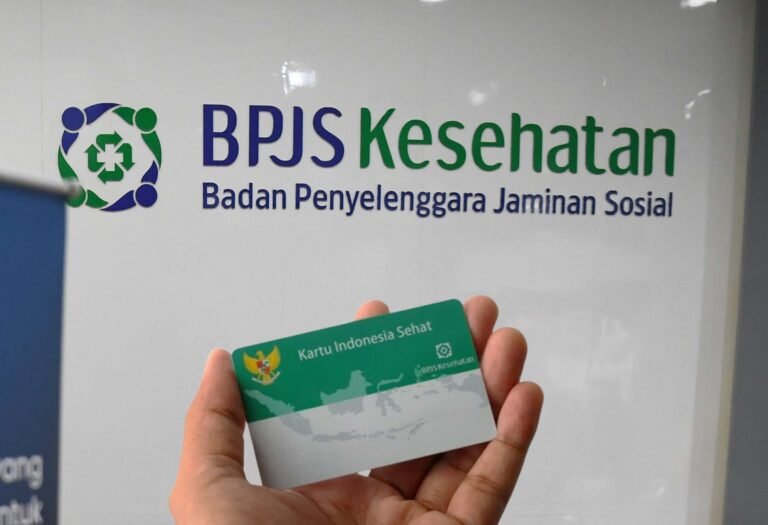
In continued efforts to stimulate investment and economic growth, Indonesia’s government has announced it will change rules and regulations around building permits under something called the Omnibus Law.
paradigm shift in Indonesia’s construction and real estate industries is taking place. According to local newswires the requirement for new buildings to have a build permit (locally called an IMB – Izin Mendirikan Bangunan) is about to be revamped and updated with what is being described as “standards compliance.”
Omnibus Law
The initiative is part of a larger strategy under the Omnibus Law, which aims to overhaul 72-existing regulations in an effort to “reduce the number of overlapping investment licensing rules at central and regional levels. And … through this revision, the government wants to improve investment licensing to attract more foreign investors,” claim CNN Indonesia.
Luhut Panjaitan, Coordinating Minister for Maritime Affairs, told local newswires President Jokowi has given him just one month to complete the revision of the 72-existing regulations, as Indonesia is currently one of the most complicated country’s in ASEAN for investment because of outdated and overly-complex licensing regulations.
Current system open to abuse
During a recent Indonesia Chamber of Commerce and Industry (KADIN) meeting on the property sector held in Jakarta, Sofyan Djalil, Agrarian and Spatial Planning Minister and Head of the National Land Agency, said the current IMB system was open to abuse and will be revamped.
According to Detik Finance Djalil went on to suggest licenses are not effective because violations still occur frequently. For example, “a permit can be issued for a 400-square metre building, then the developer builds an 800-square metre building, but does anyone care?”
The clear implication behind his rhetorical question is “no, nobody does care,” and abuse is both acceptable and normal, which in turn undermines investor confidence.
Ease of Doing Business
The government is aware of this and plans to “increase efforts to audit existing buildings and enforce the country’s zoning and building codes,” which are considered by many in the property industry to be a hindrance to investment say CNBC.
To illustrate the point newswires are quoting the World Bank’s Ease of Doing Business report, which claims it takes more than 40-days and almost USD 5,000 for a company to apply for an IMB for a 1,300-square metre, two-level warehouse in Jakarta. A similar application in Kuala Lumpur takes just 30-days and costs around USD 860.
Permits replaced by standards
According to CNN Indonesia, Djalil did not confirm whether the entire IMB process would be removed or simply streamlined but in either case it would not mean developers will be left unregulated with no building codes or rules to abide by. He explained as permits are reduced and removed the number of building inspectors will be increased to ensure standards are met.
Djalil suggested “later we will change the permits to standards … this will be a paradigm shift. If you want to build a building, go ahead, but if you don’t meet the standards, we will dismantle it. So, be responsible. If there are violations of the standards there will be severe and detrimental sanctions, even convictions,” he said.
Sources: CNBC Indonesia, CNN Indonesia, Berita Satu, Jakarta Globe, Detik Finance, Kompas
First published on Gapura Bali

















